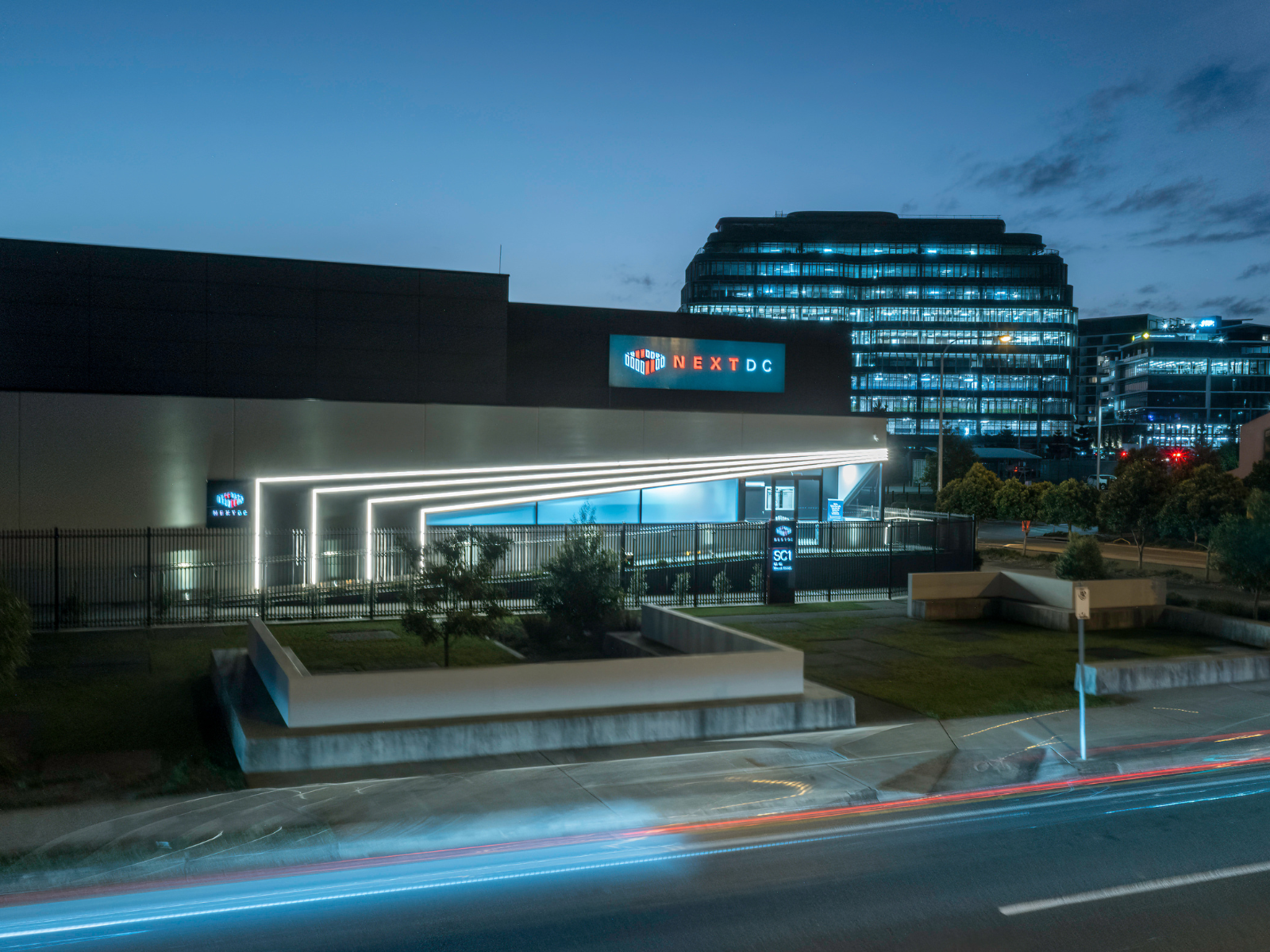Steel manufacturer BlueScope Steel has been ordered to pay a $57.5 million penalty for attempting to fix prices for flat steel products supplied in Australia.
The penalty ordered by the Federal Court today is the highest penalty ever imposed for cartel conduct in Australia.
The Court also imposed a $575,000 penalty on BlueScope’s former general manager, Jason Ellis, which by Court order cannot be recovered from an insurance company.
Justice O’Bryan said that “the conduct in the present case warrants a significant penalty to deter repetition by Mr Ellis and by others who may otherwise calculate that the rewards from such conduct outweigh the risks of detection. It is important that the deterrent effect of the penalty being imposed is not undermined by the ability of company directors and officers to insure against the financial cost of the penalty.”
that BlueScope and Mr Ellis had attempted to induce eight steel distributors in Australia, and an overseas manufacturer, Yieh Phui, to enter agreements to fix and/or raise the level of pricing for flat steel products.
“This should serve as a strong warning to all businesses and individuals that attempting to fix prices with competitors will have very serious consequences, even if the attempt fails and they do not reach an agreement,” ACCC Commissioner Liza Carver said.
“We welcome this substantial penalty against BlueScope. It is important that penalties are sufficiently large to deter even large companies and their employees from breaching Australia’s competition laws.”
“Cartel conduct is illegal because it cheats Australians by increasing the prices consumers and business customers have to pay, and by restricting healthy economic growth,” Ms Carver said.
“If BlueScope had been successful in reaching an agreement to fix prices with its competitors, this would have reduced price competition and increased prices for flat steel products which are widely used in the construction, manufacturing, automotive and transport industries.”
Justice O’Bryan found that the conduct by BlueScope was deliberate and systematic and considered that “only a substantial penalty for each of the attempts to induce cartel conduct will serve the objectives of specific and general deterrence”.
He found that the conduct by BlueScope was of a serious kind, was carried out at a senior level of the company, had the potential to occasion significant loss and damage and to deliver substantial financial gain to BlueScope.
BlueScope and Mr Ellis were also ordered to pay the ACCC’s costs.
Background
BlueScope is the major manufacturer of flat steel products in Australia. Flat steel products are an important material in a number of important sectors of the Australian economy, including the construction, building, manufacturing, automotive and transport industries. Flat steel products include hot rolled coil, cold rolled coil and steel plate and are essential materials in the construction, building, manufacturing, automotive and transport industries.
, the ACCC instituted civil cartel proceedings against BlueScope and Mr Ellis.
, Mr Ellis was charged with two counts of inciting the obstruction of a Commonwealth official, encouraging two other BlueScope employees to give false information and evidence to the ACCC, to which he pleaded guilty .
Mr Ellis was convicted and sentenced to eight months imprisonment but was immediately released on a recognizance order .
In , the Federal Court found that BlueScope and Mr Ellis engaged in cartel conduct in relation to the supply of flat steel products in Australia.
The next highest cartel penalty imposed by the Federal Court was a $46 million penalty against Yazaki Corporation, .
Note
A cartel exists when businesses agree to act together instead of competing with each other. Conduct can include price fixing, sharing markets, rigging bids and controlling the output or limiting the amount of goods and services. More information on cartel conduct can be found on the ACCC’s website at .
The ACCC investigates cartel conduct, manages the immunity process and, in respect of civil cartel contraventions, takes proceedings in the Federal Court.
For corporations, the maximum fine for each cartel contravention before 9 November 2022 is the greater of:
- $10 million,
- three times the total benefits that have been obtained and are reasonably attributable to the commission of the offence, or
- if the total value of the benefits cannot be determined,10 per cent of the corporation’s annual turnover connected with Australia.
An individual found to have been involved in civil cartel conduct before 9 November 2022 is subject to a maximum penalty of $500,000 for each act or omission.
The with effect from 9 November 2022.
Anyone who thinks they may be involved in cartel conduct is urged to call the ACCC Cartel Immunity Hotline on (02) 9230 3894. More information about the immunity process is available on the ACCC website at .
Suspected cartel conduct can also be reported by using the ACCC’s , or by using the ACCC’s online form to .







